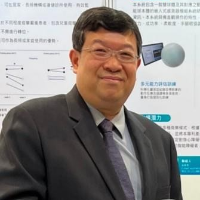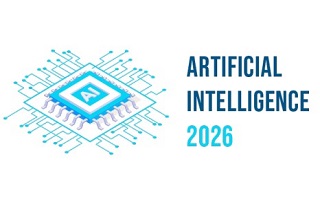3rd International Conference on
Artificial Intelligence in Healthcare and Industry
August 19-20, 2026 | Toronto, Canada

Phone: +44 2045866818
WhatsApp: +442045864995
Artificial Intelligence Conference 2026

Chang Gung University, Taiwan
Title : Develop Data Training and Collection Methods to Construct a Generative agent for Liver Transplant
Abstract:
Liver transplantation restores health and quality of life for patients with end-stage liver disease, but postoperative complications — including infection, bleeding, and organ rejection — remain significant concerns. Even after discharge, first-year survival rates highlight the need for comprehensive, continuous care. Liver transplant coordinators are vital for managing patient health, medication adherence, and followups, but rising patient numbers and limited staff make personalized care challenging, leading to disparities in care quality. This study proposes an intelligent platform that combines generative and conversational AI to enhance postoperative care. At its core, an AI-driven chatbot delivers real-time, personalized responses to patient inquiries about medications, follow-up schedules, diet, and physical activities, promoting selfmanagement. The system also collects and analyzes patient interaction data to generate individual health reports, enabling coordinators to create tailored care plans. Additionally, the platform integrates follow-up examination results, providing coordinators with a comprehensive view of patient recovery and supporting data-driven adjustments to care strategies. By automating routine tasks and offering actionable insights, the platform reduces coordinators' workload, enhances team-patient interactions, and optimizes care delivery. Ultimately, this digital solution aims to improve patient outcomes, foster long-term well-being, and bridge gaps in postoperative care for liver transplant patients.
Biography:
Wann-Yun Shieh received his Ph.D. from National Chiao Tung University in 2004. He is currently a Professor and Chairperson of the Department of Computer Science and Information Engineering at Chang Gung University, as well as a Board Member of the Medical Design Association in Taiwan. He also serves as the Director of the Computer Center at Chang Gung University. Dr. Shieh has published over 40 papers in reputable journals. His areas of expertise include medical engineering, sensor networks, machine learning, and generative AI.
